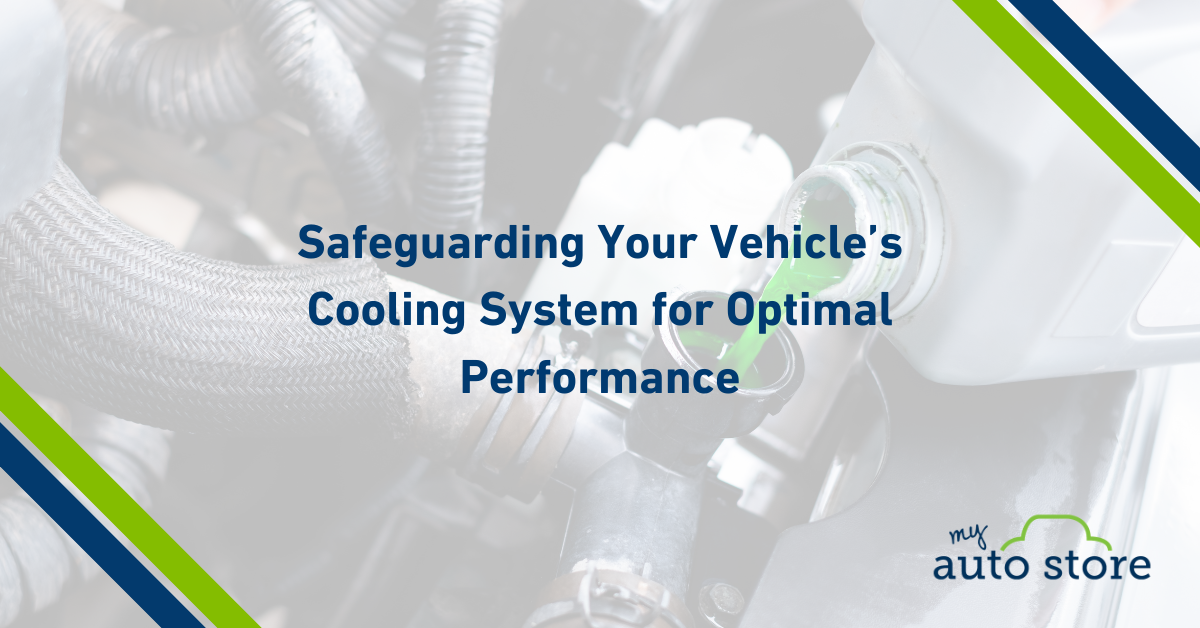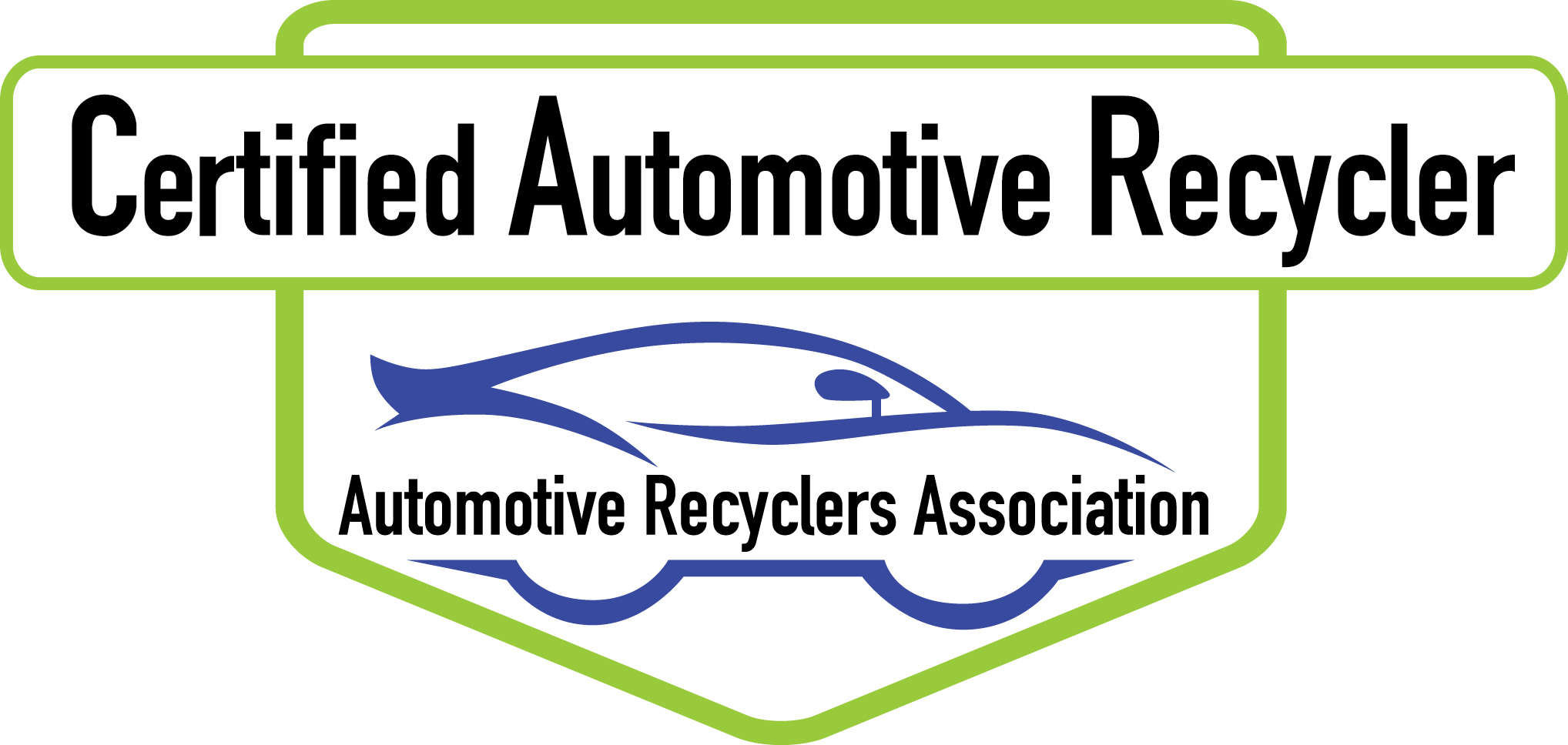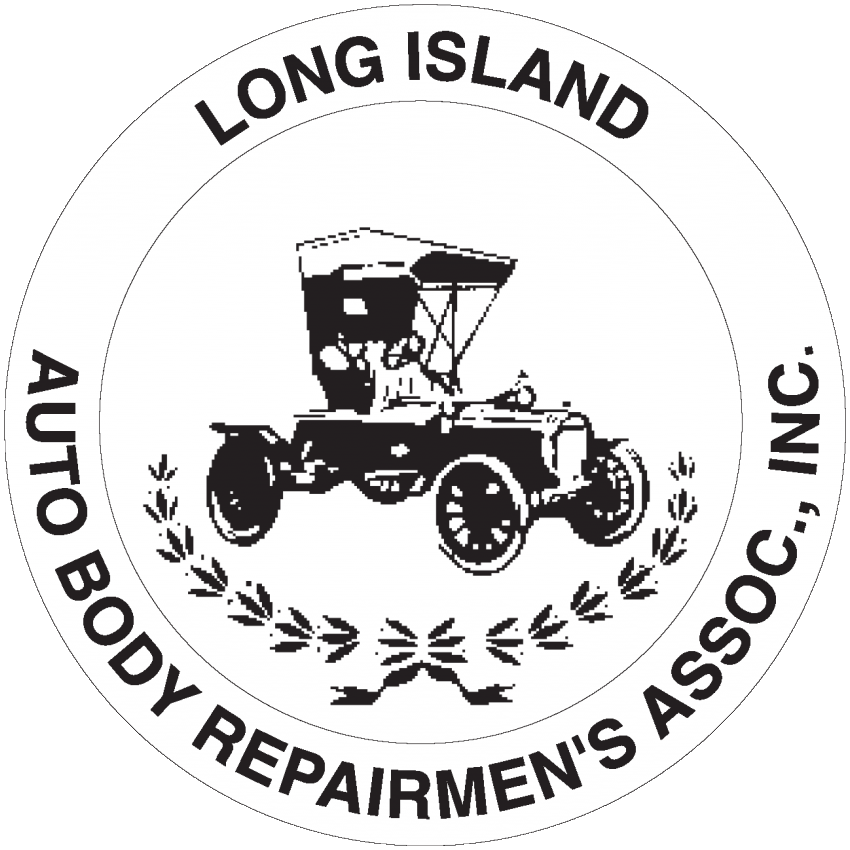Having a well-maintained car cooling system is crucial, particularly when faced with scorching summer temperatures. A malfunctioning cooling system can lead to severe problems, ranging from engine overheating to potential breakdowns. The experienced team at My Auto Store have put together some practical tips to help you ensure the optimal functioning of your vehicle’s cooling system, allowing you to navigate hot weather with ease.
Check Coolant Levels:
Regularly inspecting the coolant fluid when the engine is cool is a fundamental step in cooling system maintenance. Not only should you check the coolant levels, but also ensure that the fluid is clean and at the recommended level. Adequate coolant levels are essential for efficient heat dissipation and preventing engine overheating.
Look for Leaks:
The presence of coolant under your vehicle could be an early sign of a potential leak. Addressing leaks promptly is crucial to prevent further damage to the cooling system. Leaks might be indicative of minor issues, such as a loose hose, or more serious problems like a cracked radiator. Conduct thorough inspections and seek professional assistance if needed.
Monitor Temperature Gauge:
Keeping a vigilant eye on your vehicle’s temperature gauge while driving is essential. If the gauge shows signs of overheating, act promptly. Pull over to a safe location, turn off the engine, and allow it to cool down completely before attempting to drive again. In some cases, it may be necessary to call for roadside assistance to avoid further complications.
Regular Oil Changes:
Regular oil changes play a pivotal role in maintaining your vehicle’s overall health, including the cooling system. Clean and properly lubricated engine components reduce the risk of overheating. Adhering to a consistent oil change schedule is a simple yet effective way to ensure your engine operates optimally.
Inspect Cooling Hoses and Engine Fan:
Periodically checking the condition of cooling hoses and the engine fan is a wise practice. Conduct these inspections when the car is turned off and completely cooled down to avoid accidents. Look for signs of wear, cracks, or loose connections in the hoses, and ensure the engine fan is functioning properly. Replacing worn-out components promptly can prevent potential cooling system failures.
These maintenance tips can safeguard your vehicle’s cooling system against potential issues. A well-maintained cooling system contributes to the overall longevity and efficiency of your car, ensuring a smooth and trouble-free driving experience even in the most challenging weather conditions. Prioritize these steps to keep your vehicle running cool and reliable throughout the year.










